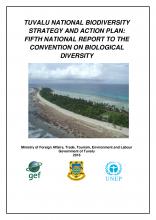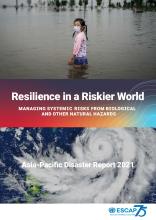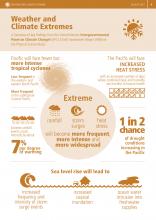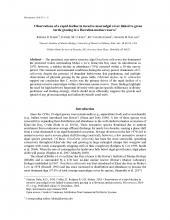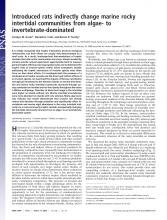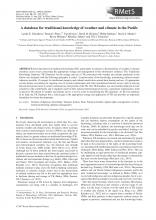Traditional knowledge for climate resilience in the Pacific Islands

Climate Change Resilience
Available Online
Kumar, Roselyn
,
Lui, Siosinamele
,
Malsale, Philip.
,
Nunn, Patrick D.
2024
Pacific Islands, many relatively remote and small, have been occupied by people for more than 3000 years during which time they experienced climate-driven environmental changes (both slow and rapid onset) that challenged human survival and led to the evolution of place-based coping strategies expressed through traditional knowledge (TK). In today's globalized Pacific Islands region, into which western worldviews and global adaptation strategies have made significant inroads, most plans for coping with climate-changed futures are founded in science-based understandings of the world that undervalue and sideline TK. Many such plans have proved difficult to implement as a consequence. This paper reviews the nature of extant Pacific TK for coping with climate change, something that includes TK for anticipating climate change (including climate variability and climate extremes) as well as ancillary TK associated with food and water security, traditional ecological knowledge, environmental conservation, and settlement and house construction that represent coping strategies.
